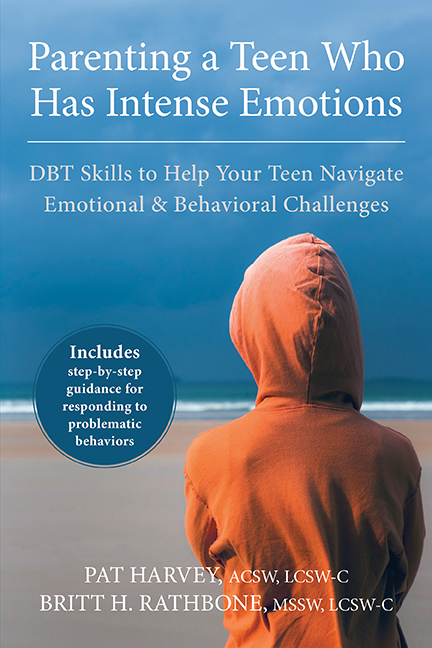In clinical work with adolescents and their parents, therapists might wonder why parents do not change their behaviors despite recognizing that their responses and decisions are not helping their teen/young adult or their families. Why do parents continue to allow their teens freedoms when they are putting themselves at risk? Why are their children given privileges when they do not meet their responsibilities? Why are young adults who may be abusive, dangerous, or otherwise very disruptive to other family members still allowed to reside at home?
When therapists look, with parents, at the pros and cons of why parents continue to act in familiar—albeit ineffective—ways, they may develop a new understanding and sensitivity to the plight of parents which will enable them to be more effective in helping parents change their behaviors. In assessing the pros and cons of familiar vs. changed behaviors, parents recognize that they behave in familiar ways because they want to maintain their relationship with their children, and they want to minimize struggles that may become angry or dangerous; at the same time, parents also acknowledge that continuing the same behaviors maintains the unhealthy status quo. Parents also recognize that if they make changes in their own behavior, their children might be able to make changes in theirs and behave in safer and healthier ways. The problem for parents that might preclude change is their fear that any change they make will lead their child to behave in dangerous ways or end up in dangerous situations. Therapists who acknowledge the very real fear these parents face can help them take the necessary risks that can lead to more substantive changes in their children. Therapists and parents can then continue to use the process of evaluating pros and cons to help parents make healthier choices and decisions going forward.
 Pat Harvey, ACSW, LCSW-C, has over thirty years of experience working with families, and now coaches parents and family members of youth and adults with emotion dysregulation using a dialectical behavior therapy (DBT) framework. She facilitates trainings and workshops for mental health professionals on DBT concepts, skills, and parent/family interventions throughout the United States and at national conferences. She is coauthor of Parenting a Teen Who Has Intense Emotions, Parenting a Child Who Has Intense Emotions, Dialectical Behavior Therapy for At-Risk Adolescents, and Hey, I’m Here Too!
Pat Harvey, ACSW, LCSW-C, has over thirty years of experience working with families, and now coaches parents and family members of youth and adults with emotion dysregulation using a dialectical behavior therapy (DBT) framework. She facilitates trainings and workshops for mental health professionals on DBT concepts, skills, and parent/family interventions throughout the United States and at national conferences. She is coauthor of Parenting a Teen Who Has Intense Emotions, Parenting a Child Who Has Intense Emotions, Dialectical Behavior Therapy for At-Risk Adolescents, and Hey, I’m Here Too!


 Why Journaling Is Especially Helpful to Adult Children of Emotionally Immature Parents
Why Journaling Is Especially Helpful to Adult Children of Emotionally Immature Parents